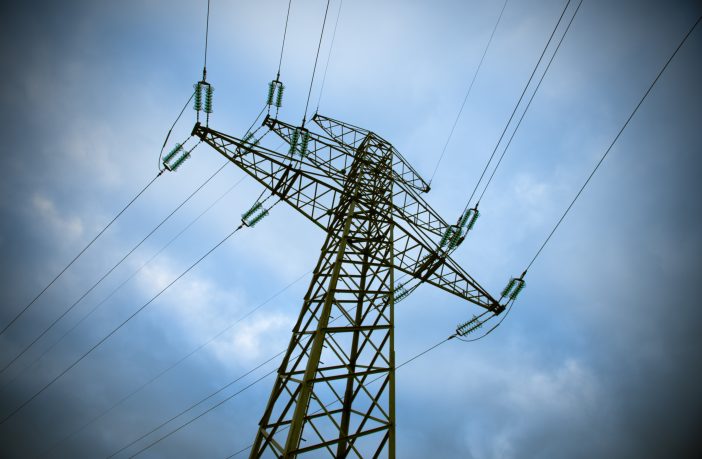- The Gambia is set to be transformed under a new €142 million initiative to harness solar power and supply clean energy across the country, backed by the European Investment Bank (EIB), World Bank and European Union.
- The close cooperation between Gambia and international partners such as the European Investment Bank, World Bank and European Union will ensure that Gambia benefits from the most cutting-edge technical experience in the industry from around the world, and become a model for renewable energy for the rest of Africa.
In a statement released by European Investment Bank (EIB) this week, the Bank confirmed that the initiative will include solar and battery technology; 20MW solar energy and 400km distribution project to transform energy access and cut costs.
Once operational the scheme will increase energy supply in the Gambia by one fifth and transform electricity access in rural communities through construction of a new photovoltaic plant at Jambur near Banjul, new power transmission and distribution infrastructure.
Ousainu Darboe, Vice President of the Republic of Gambia said: “Investment in Gambia’s energy infrastructure is essential to improve economic opportunities and daily lives in our country and this new project demonstrates how harnessing the power of the sun can power Gambia in the years ahead.
“The close cooperation between Gambia and international partners such as the European Investment Bank, World Bank and European Union will ensure that Gambia benefits from the most cutting-edge technical experience in the industry from around the world, and become a model for renewable energy for the rest of Africa.”
“The European Investment Bank is committed to supporting climate action around the world. As the EU Bank, the EIB is pleased to support our first project in Gambia since 1991 and provide EUR 65 million for this transformational project in cooperation with Gambian, international and European partners.
“Connecting one of the largest solar power plants in West Africa to communities across Gambia will increase access to clean energy, create new economic opportunities and improve health and education for future generations.” said Andrew McDowell, European Investment Bank Vice President responsible for energy.
“The Gambia will be the first country in Africa, if not the only country in the world, to have provided renewable energy electrification for all public school and health facilities. The Project is designed to assure the sustainable provision of electricity powered by the solar systems for at least 20 years and to lay the groundwork for a national solar energy industry to provide additional services in the future.” said Attila Lajos, European Union Ambassador to the Republic of Gambia.
The statement notes that the European Union will provide EUR 106 million for the clean energy programme to be implemented by national electricity utility NAWEC. This includes EUR 65 million under a 25-year long-term concessional loan from the European Investment Bank and a EUR 41 million grant from the European Union budget.
The project will also be supported by EUR 35.7 million financing from the World Bank.
Author: GBA News Desk/ESI-Africa Contributor
This article was originally published on ESI Africa and is republished with permission with minor editorial changes.











